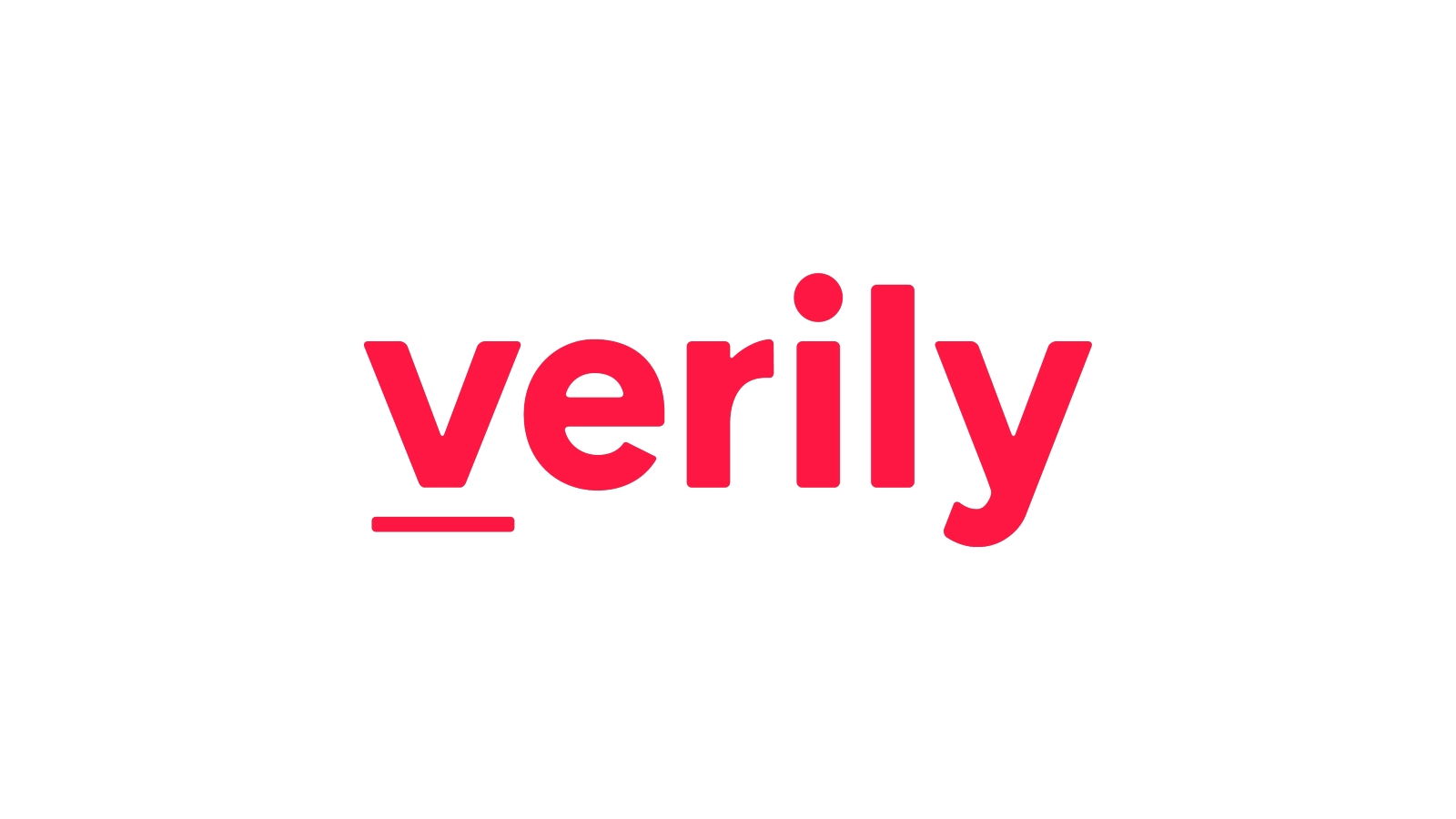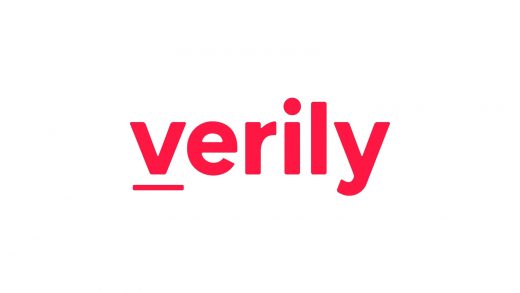Verily, Alphabet’s Life Sciences Unit, Gets Into Health Insurance Using AI, Data
Verily, Alphabet’s Life Sciences Unit, Gets Into Health Insurance Using AI, Data

Verily on Tuesday announced a subsidiary named Coefficient Insurance backed by the commercial insurance unit of Swiss Re Group.
The Alphabet life sciences unit plans to sell stop-loss insurance, a type that helps to cover unexpectedly large claims against employers who self-fund their health-benefit policies.
Coefficient will combine health technology solutions with insurance and payment models, including data — a move that could fuel growing concerns about who has access to the healthcare data and for what purpose. Health data and privacy concerns remain challenges that are holding up approvals for Google’s acquisition of Fitbit.
The European Commission recently launched an investigation into Google’s acquisition of Fitbit. Regulators are concerned the deal will strengthen Google’s position in online advertising by giving the company access to data collected from Fitbit’s health tracking hardware.
Swiss Re Corporate Solutions has agreed to make a minority investment in Coefficient, subject to certain regulatory approvals. In connection with this investment, Ivan Gonzalez, CEO North America, Swiss Re Corporate Solutions, is expected to join the Coefficient Board of Directors upon closing.
Alphabet and its companies are attempting to rebuild the health-care system with data becoming the new pipes. In a report published by CB Insights, the firm analyzes how Google is pushing healthcare forward with a focus on data and AI, including an area around specific disease, diagnostics and management of illnesses such as diabetes, Parkinson’s, and heart disease.
Google and its venture arm has invested in several health-care businesses such as Quartet Health, a company that helps primary-care physicians detect untreated mental health illnesses and guides patients to appropriate care. Quartet Health
It spun out Calico in an attempt to understand the reasons why humans age. The company is looking at how different lifestyle changes, cellular processes and genetics impact the course of aging. Through this process, Calico seeks to better understand disease detection and lifestyle management, according to CB Insights.
In 2017, CB Insights reported that Google had made 17 deals to pharmaceutical startups in the past three years, all through its Google Ventures investment arm.
Earlier this year, Verily announced efforts around COVID-19 testing programs in several states. The goal was to automate processes, rather than relying on a manual system, similar to the way Google automates ad bidding and ad serving.
Placing orders for lab testing is a manual process, but a direct integration between the drive-through facility and Project Baseline’s software and test ordering systems to get people tested more quickly.
(14)


